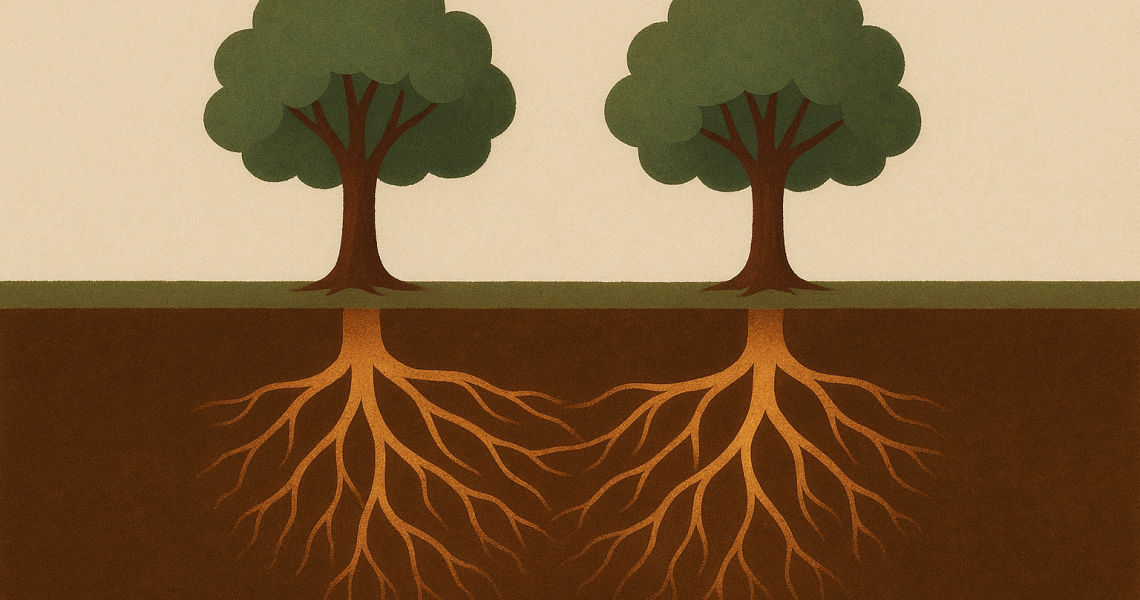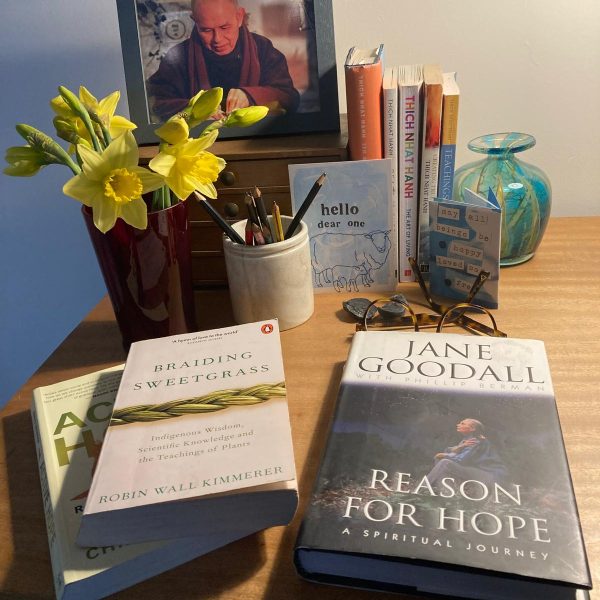Mindfulness and Neurodivergence: Double empathy, Neurodivergency and Mindful Communication

The ‘Mindfulness and Neurodivergence’ is our new series of reflections on living with neurodivergency and trauma mindfully. It is intended to help others to access the practice in ways that they can use, living with these challenges. Written by Sylvia Clare, who has struggled with ADHD with Autism, Complex trauma and PTSD since childhood and at the age of forty she realised that buddhist psychology and mindfulness was her only way to live. Sylvia has also taught meditation and mindfulness for nearly thirty years and writes about it extensively.
These articles are all based on her own lived experience and Sylvia welcomes any feedback or suggestions of extending these pieces.
Double Empathy is the term applied to a mutual and equal attempts to understand each other in any relationship. Communication cannot work if only one person puts the effort in, to reach common ground that is comfortable for all. People with neurodivergency (ND) often have widely varying and different life experiences from neurotypical (NT)people, and this is the basis of the misunderstandings most of the time.
All communications are based on a mutual understanding of social circumstances, world paradigms, shared experiences and basic body language and context of the communication. That is before you even get to any words being used. Even if you speak the same language, you may not have the same understanding of words or of life experiences.
ND people experience microaggressions and intrusions into their safe space on a daily basis. Most of this is completely unrecognised by NT people, and if we do react, they can only see the minor event, not the mountain piled up behind it. We are then often accused of being too sensitive or emotionally uncontrolled, whereas we have been massively self-controlled, masking our distress for years. This was just the final straw. Or it hit a nerve where we have been traumatised by past abuse or trauma over time and suddenly perhaps we explode, or respond abruptly or strongly. If the NT people could be more empathic towards our communication needs, this would be less likely to happen. But instead we are put in a position of feeling we must apologise for our distress.
Mutual, or double empathy, cuts across the one-sided dynamic and allows both parties to understand the position of each other. Why did they erupt? What else is behind this response? Could I have approached this differently myself? These kinds of questions are essential if you find yourself confronted by a very distressed ND individual. It is not their disability but a general social inability to understand and
make a safe world for everyone.

Communication styles for ND people are often very different than for NT people. For instance, we tend to be very direct and blunt. If we are forceful, we are simply telling you how important this is to us, not trying to hurt you. Believe me, most ND individuals I know struggle with this and self-punish on a fairly daily basis. I found it so hard to stop this and to have more compassion for myself, as we are taught to do
by Thay, but this does not fit with the world I live in which is geared against me, much of the time.
Most ND people do not understand tact or diplomacy. I personally dislike compliments and tact as I consider them forms of dishonesty. But we are all different.
There are as many variations of ND as there are people with the diagnosis. Funnily enough this reflects the notion that all NT people are also different, so please don’t lump us into one category, that is also unkind and diminishes our wonderful potentials.
More articles like this will continue the discussion. Sylvia writes based on her own lived experience and she welcomes any feedback or suggestions of extending these pieces.
Here you will find Sylvia’s YouTube channel that includes more videos and reflections on the themes of Mindfulness and Neurodivergence.





